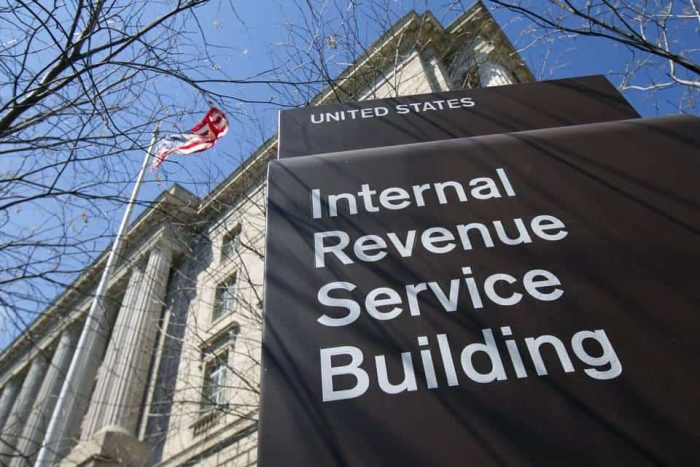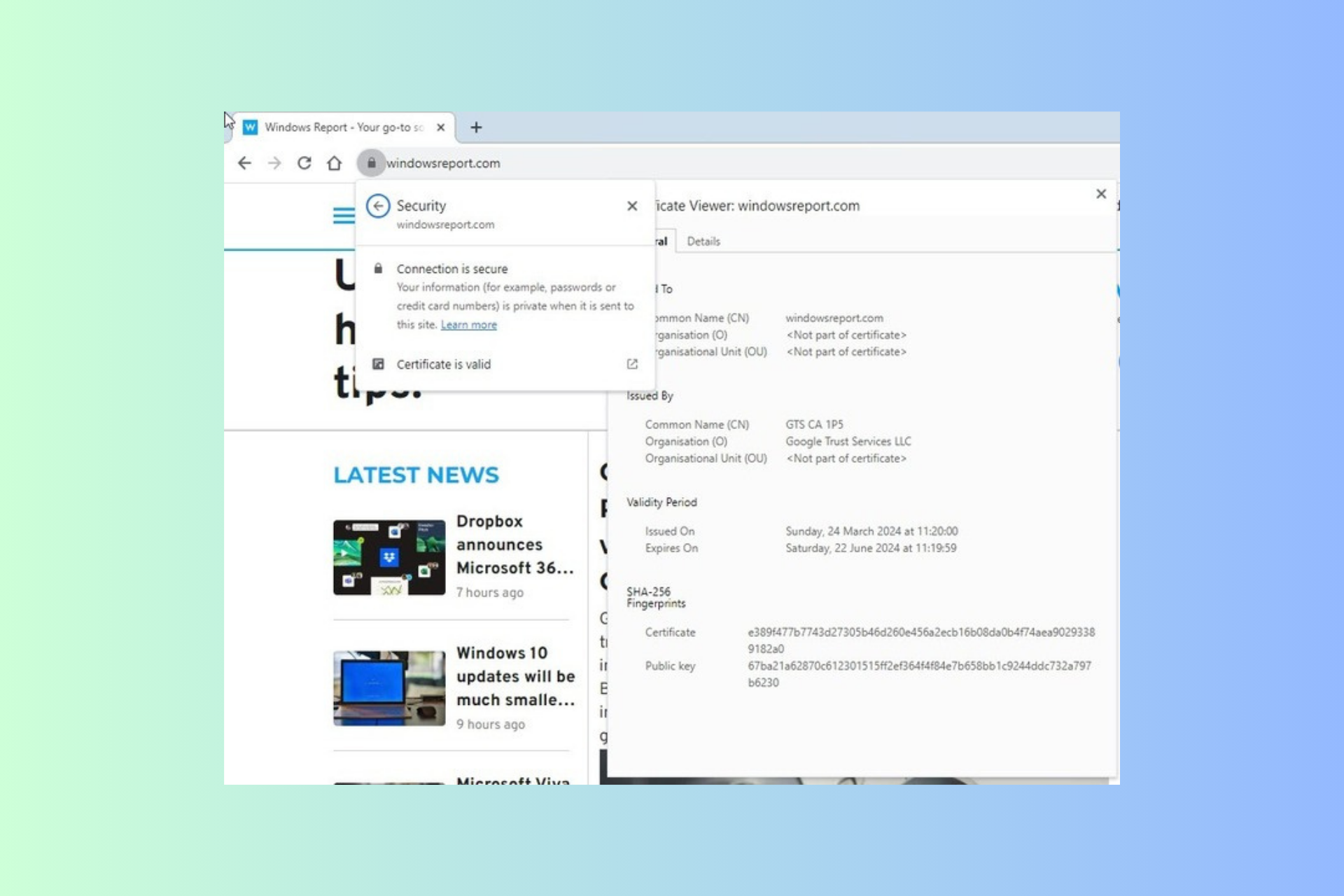The IRS wastes $12 million on ill-advised move to Office 365, according to US Treasury
3 min. read
Published on
Read our disclosure page to find out how can you help Windows Report sustain the editorial team Read more

A new report by the US Treasury’s Inspector General for Tax Administration calls out the IRS for wasting $12 million on upgrades to Office 365 Pro Plus and Microsoft Exchange Online. The report was spotted this morning by Accounting Today.
The report points out this all occurred because the IRS was in serious need of a new email system but did not perform adequate due diligence on what an upgrade would entail, or if it was compatible with their current infrastructure. As a result, the Microsoft email systems the IRS bought turned out to be incompatible with their existing infrastructure, and a complete waste of taxpayer dollars.
The whole debacle began because the IRS was under a directive from the Officing of Management and Budget to upgrade their ancient email system, which couldn’t properly archive emails in accordance current guidelines. Once the budget for upgrades was approved, the IRS went ahead and settled on an upgrade to Office 365 Pro Plus and Microsoft Exchange Online.
But they entered those contracts without themselves doing adequate due diligence on the upgrade’s feasibility and infrastructure requirements. And as the Inspector General pointed out, this may be in violation of rules that required such due diligence before major expenditures:
The IRS never deployed the software to be used via the purchased subscriptions, and it may have violated the bona fide needs rule when it purchased the subscriptions using Fiscal Years 2014 and 2015 appropriations and did not deploy the software subscriptions in those years.
For what it’s worth, the CIO of the IRS said they take their “obligation to manage taxpayer dollars in the most efficient and effective manner possible” very seriously. The CIO also explained they disagree with the inspector general’s findings. They believe that since this was an upgrade from one Microsoft product to another and not an entirely brand new system, the bona fide needs rule doesn’t apply, and that “the IRS would have been well on its way to using this software and completing this project in 2016,” had a “contract protest” not occurred.
It remains to be seen if the IRS has technical grounds to stand in their argument. But regardless of the technicalities of the bona fide needs rules, it looks like taxpayers are now out $12 million because somebody didn’t do their homework or ask the right questions when they should have.








